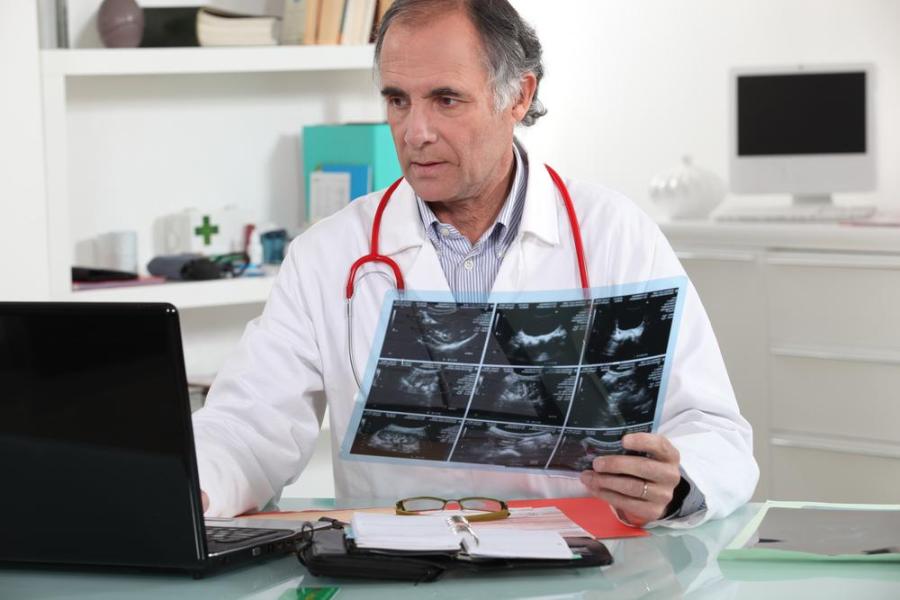
Medical Procedures for the Treatment of Chronic GERD
Radiofrequency ablation of the LES is used to decrease reflux episodes by increasing LES pressure and decreasing LES relaxations. A radiofrequency ablation technique called Stretta was found to be insignificant in GERD patients in a meta-analysis study (including 153 patients)[10]. Stretta was found to be associated with adverse effects such as pneumonia, gastroparesis, esophageal perforation, cardiac arrest, and even death.
Surgery is an option for patients with symptoms refractory to other treatments or for those who have further complications. Fundoplication is the anti-reflux surgery and is an effective treatment option. Fundoplication has been shown to improve quality of life in patients with chronic symptoms. The failure rate of fundoplication ranges from 3% to 16%. Surgery comes with its own complications including bloating, gas, dysphagia, and recurrent symptoms over time. Moreover, failure of the anti-reflux surgery may require a revisional surgery. Laparoscopic fundoplication is the gold standard for surgical treatment of GERD. Different types of fundoplication include, Nissen, Anterior, and Toupet fundoplication. To make sure that surgery is the best option for treatment, it is important to take into account all the factors such as obesity.




